
‘Quad’ summit backs ‘democratic’ Indo-Pacific region, cites Chinese ‘aggression’
- US President Joe Biden meets by teleconference with Japanese PM Yoshihide Suga, Indian PM Narendra Modi and Australian PM Scott Morrison
- Among other issues discussed, National Security Adviser Jake Sullivan says, are China’s ‘coercion of Australia’ and ‘aggression on the border with India’
US President Joe Biden and the leaders of three major Asia-Pacific countries, an alliance known as the “Quad”, discussed “aggression” and “coercion” against members of the group by China, while agreeing to cooperate on development of 5G and other advanced technologies, in their first summit meeting on Friday.
Biden, Japanese Prime Minister Yoshihide Suga, Indian Prime Minister Narendra Modi and Australian Prime Minister Scott Morrison, meeting by means of large flat-screen televisions, discussed China’s “coercion of Australia, their harassment around the Senkaku Islands, their aggression on the border with India”, US National Security Adviser Jake Sullivan said in a briefing in Washington after the talks.
A statement issued by the group called for the region to be “anchored by democratic values” – and for freedom of navigation and overflight as key objectives – while avoiding any direct reference to China. They also announced a “Quad Vaccine Partnership”, which will provide financing and other assistance to manufacture and distribute Covid-19 vaccines, a move that comes as Washington faces criticism for hoarding the protective jabs.
What is the Quad, and how will it affect US-China relations?
The Quad – shorthand for the Quadrilateral Security Dialogue – said in the first of five points in the statement that: “We bring diverse perspectives and are united in a shared vision for the free and open Indo-Pacific. We strive for a region that is free, open, inclusive, healthy, anchored by democratic values, and unconstrained by coercion.”
“We support the rule of law, freedom of navigation and overflight, peaceful resolution of disputes, democratic values, and territorial integrity,” the statement says later.
“We will continue to prioritise the role of international law in the maritime domain, particularly as reflected in the United Nations Convention on the Law of the Sea (UNCLOS), and facilitate collaboration, including in maritime security, to meet challenges to the rules-based maritime order in the East and South China Seas,” they added.
The grouping also pledged establish a working group to focus on standard-setting for emerging technologies, including 5G and artificial intelligence; to cooperate on combating the effects of climate change in accordance with the Paris Climate Accord; to address Covid-19 within the World Health Organization (WHO); work towards the complete denuclearisation of North Korea; and seek the restoration of democracy in Myanmar.
“While China is not mentioned in the joint statement, China was everywhere in the document,” said Toshi Yoshihara, a senior fellow at the Centre for Strategic and Budgetary Assessments in Washington, explaining that the group‘s message seemed to be about what it stood for, rather than what it opposed.
“However, behind the polite language lies a stark strategic reality,” Yoshihara said. “The Indo-Pacific naval balance of power is a multilateral one. If you add up the maritime capabilities of Australia, India, Japan and the United States, the correlation of forces shifts quite a bit against China. Beijing understands this all too well.”
On the Covid-19 front – where Beijing has sought to curry favour with its neighbours through the distribution of its vaccines – the four nations announced on Friday their “Quad Vaccine Partnership”. This initiative aims to accelerate the steps needed to end the coronavirus pandemic, according to a fact sheet.
“Together, Quad leaders are taking shared action necessary to expand safe and effective Covid-19 vaccine manufacturing in 2021, and will work together to strengthen and assist countries in the Indo-Pacific with vaccination, in close coordination with the existing relevant multilateral mechanisms, including WHO,” it said.
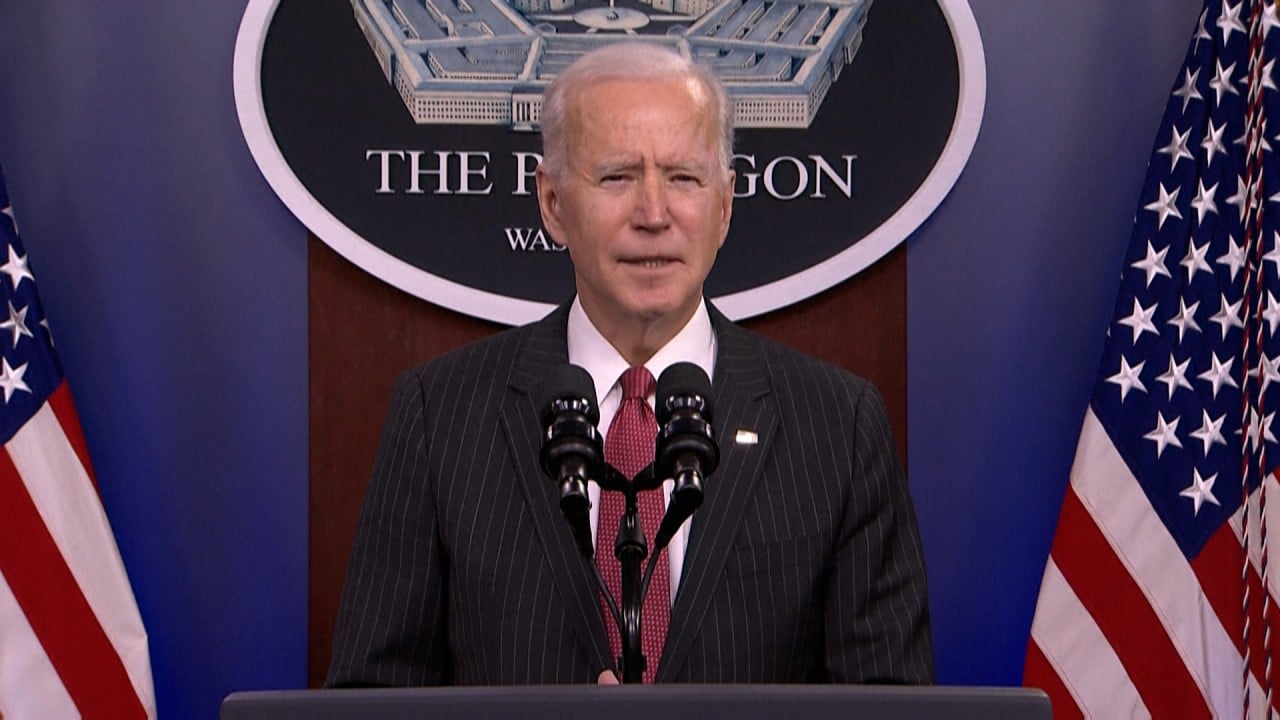
00:41
US President Joe Biden orders new Pentagon task force to review China strategy
The meeting came days after Biden released an “interim” national security policy document that stresses the need for Washington to shore up alliances with democratic countries and explicitly calls out China as “the only competitor potentially capable of combining its economic, diplomatic, military and technological power to mount a sustained challenge to a stable and open international system”.
“Diplomacy is back. Alliances are back,” Biden said in the document, an apparent rebuke of the policies of his predecessor Donald Trump, who spent much of his four-year presidency accusing allies in Asia-Pacific, including Tokyo, for not contributing enough to joint military operations in the region.
Rorry Daniels, an Asia-Pacific security analyst at the National Committee on American Foreign Policy, said that the Quad’s joint statement should reassure China’s neighbours, but added that the group’s success does not need to come at China’s expense.
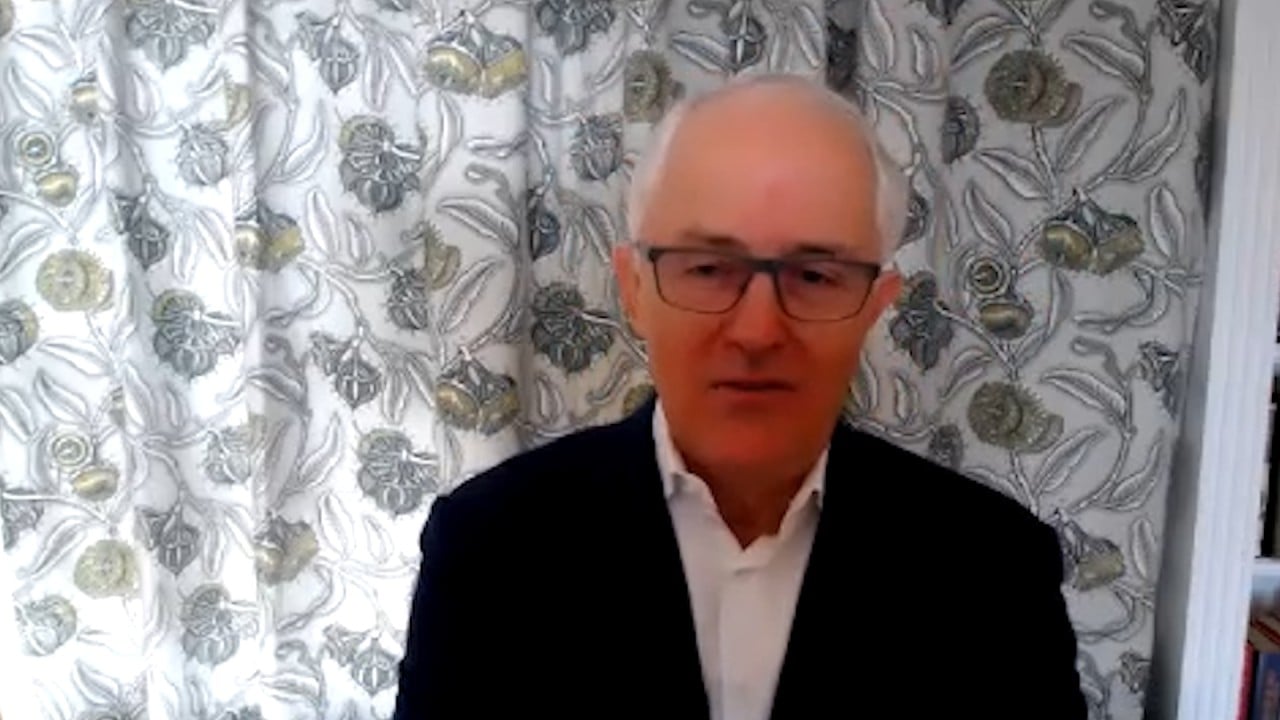
00:59
China's ‘wolf warrior’ diplomacy counterproductive, says former Australian PM Turnbull
“Only Beijing can change Beijing‘s behaviour,” Daniels said, adding that China would also benefit from more Covid recovery and economic development in the region. “The challenge for China will be whether it wants to recommit to the international rules-based system, even if that commitment comes with some constraints on its use of power.”
Each member of the Quad has been trying to manage escalating tensions with Beijing. Biden has so far left in place US sanctions that Trump instituted against Chinese government officials and punitive tariffs on the country’s imports.
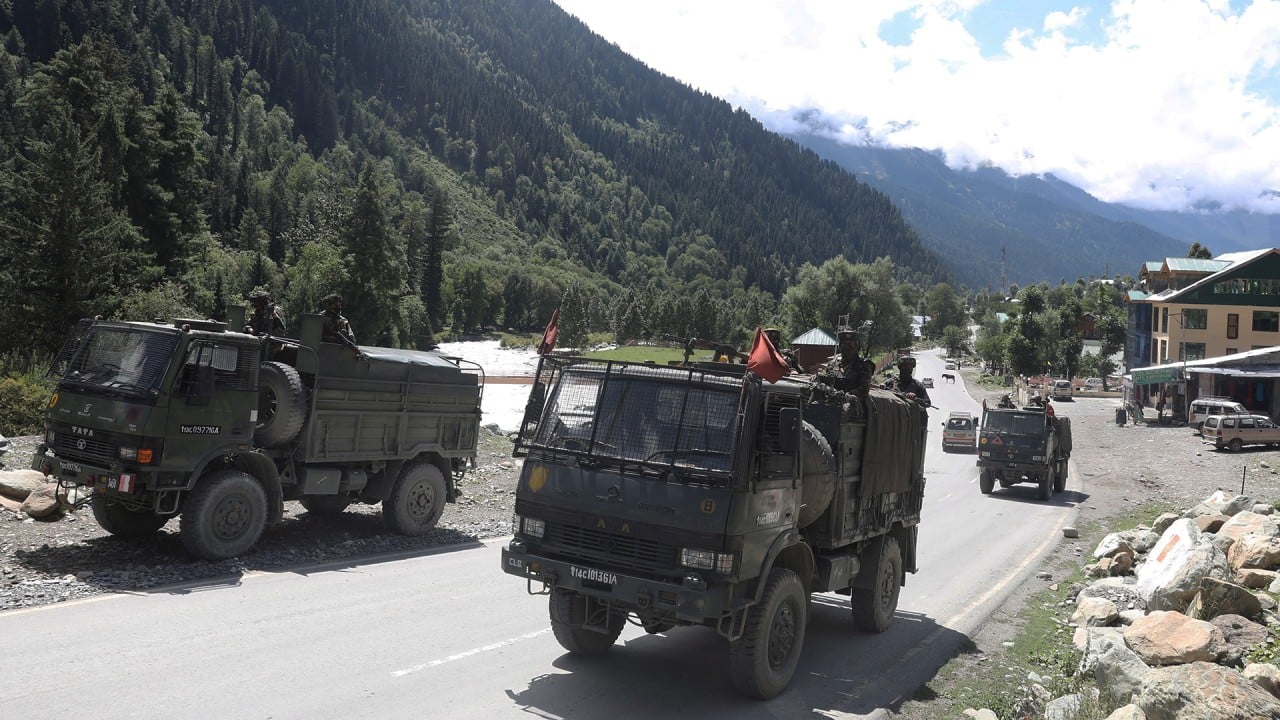
01:25
China-India border clash in June left four PLA troops dead and one injured, report says
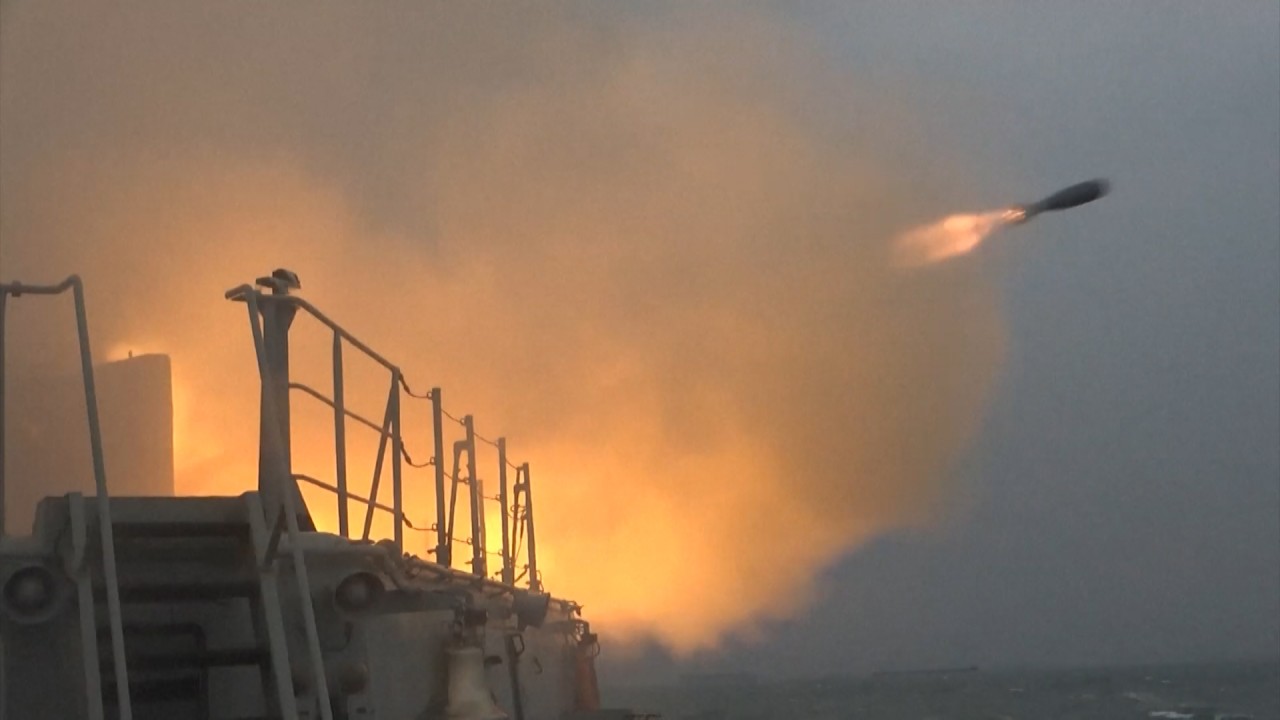
01:22
China’s navy conducts live-fire military drills in the East China Sea
“I don‘t expect that, for example, the phase one trade deal is going to be a major topic of conversation next week,” Sullivan said. Instead, he said, the talk would cover broader strategic issues, including Hong Kong, Xinjiang, Taiwan and China’s tensions with the other Quad nations.
Sullivan also said that the Quad was less a military alliance and more of “an opportunity for these four democracies to work as a group, and also with other countries on fundamental issues of economics, technology, climate and security”.
However, Biden is also continuing to build military ties with allies in the region.
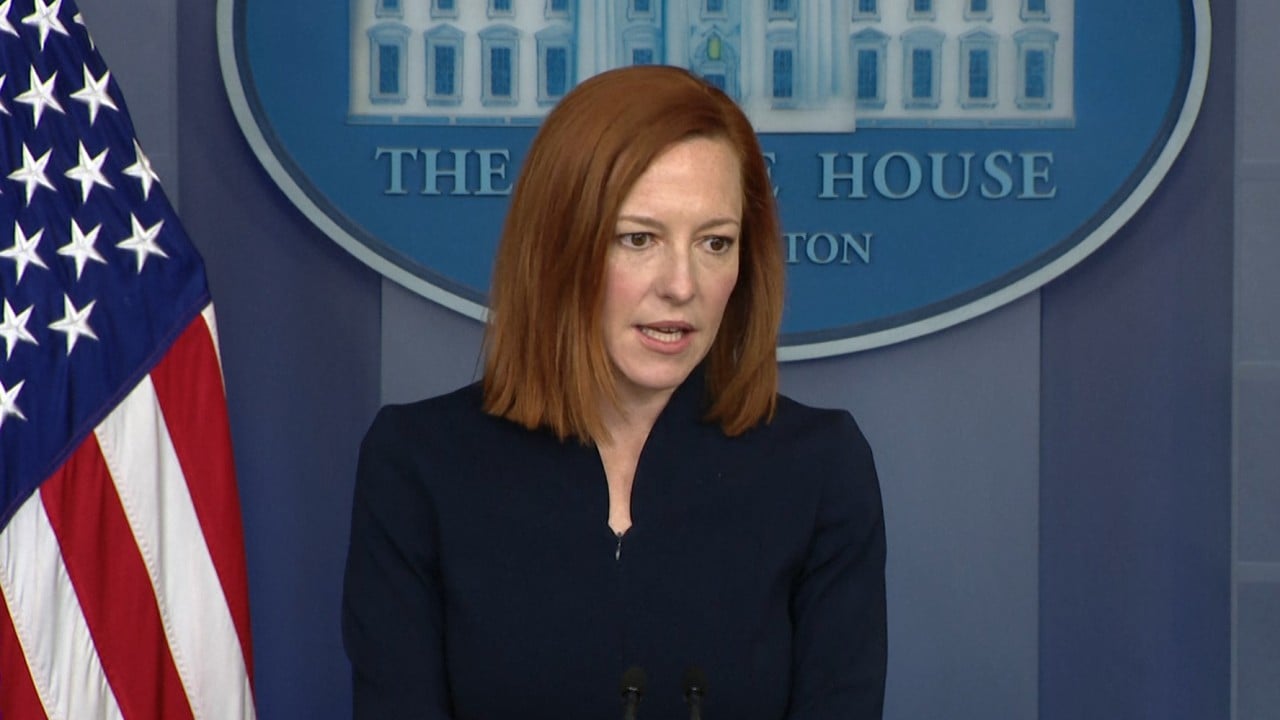
01:55
Top US and China envoys to meet in Alaska, White House confirms
“China will come up prominently, but I wouldn’t say it will dominate the conversations in Tokyo or Seoul,” said Sung Kim, acting assistant secretary of state for East Asian and Pacific affairs. “There is a whole host of issues of importance to our partnerships with both Korea and Japan.”
Kim said that the agendas for the trips would include “cooperation on Covid-19, climate change, coordination on our North Korea policy, our efforts to promote human rights and rule of law, as well as our efforts to hold countries that violate obligations and challenge our interests and values accountable.”
Additional reporting by Owen Churchill


